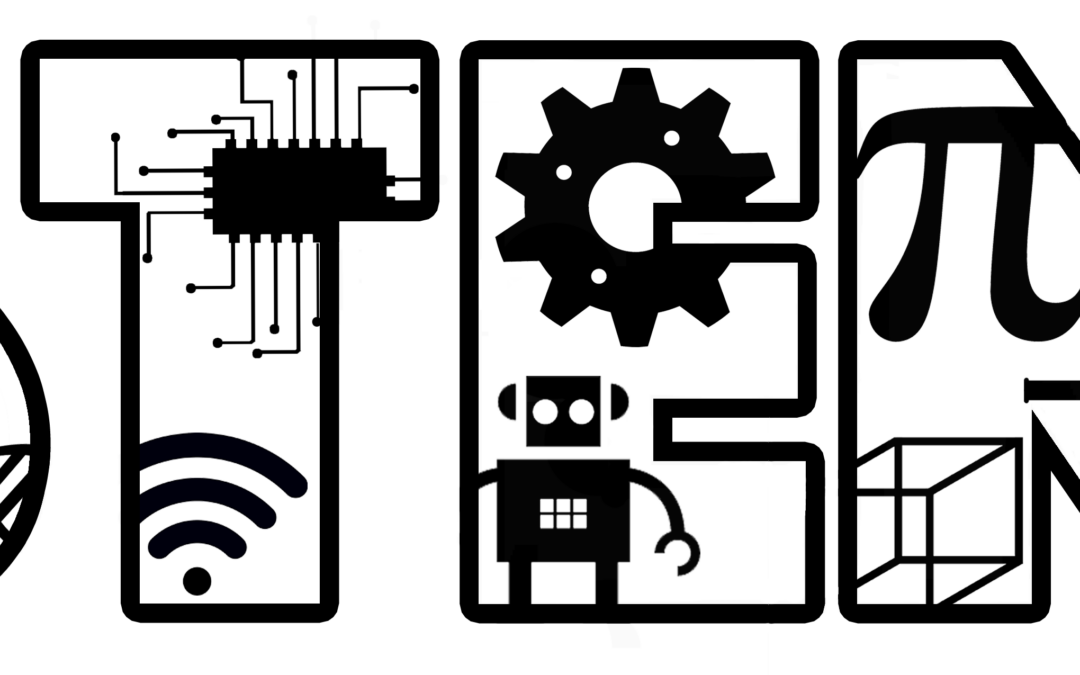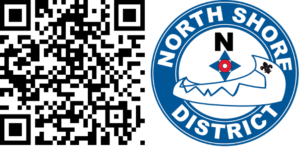[Editor’s note: Article submitted by Tyler Gleghorn, member of the council STEM commitee, unit committee member of Troops 258 & 358, and participant in Wood Badge T7-564-23]
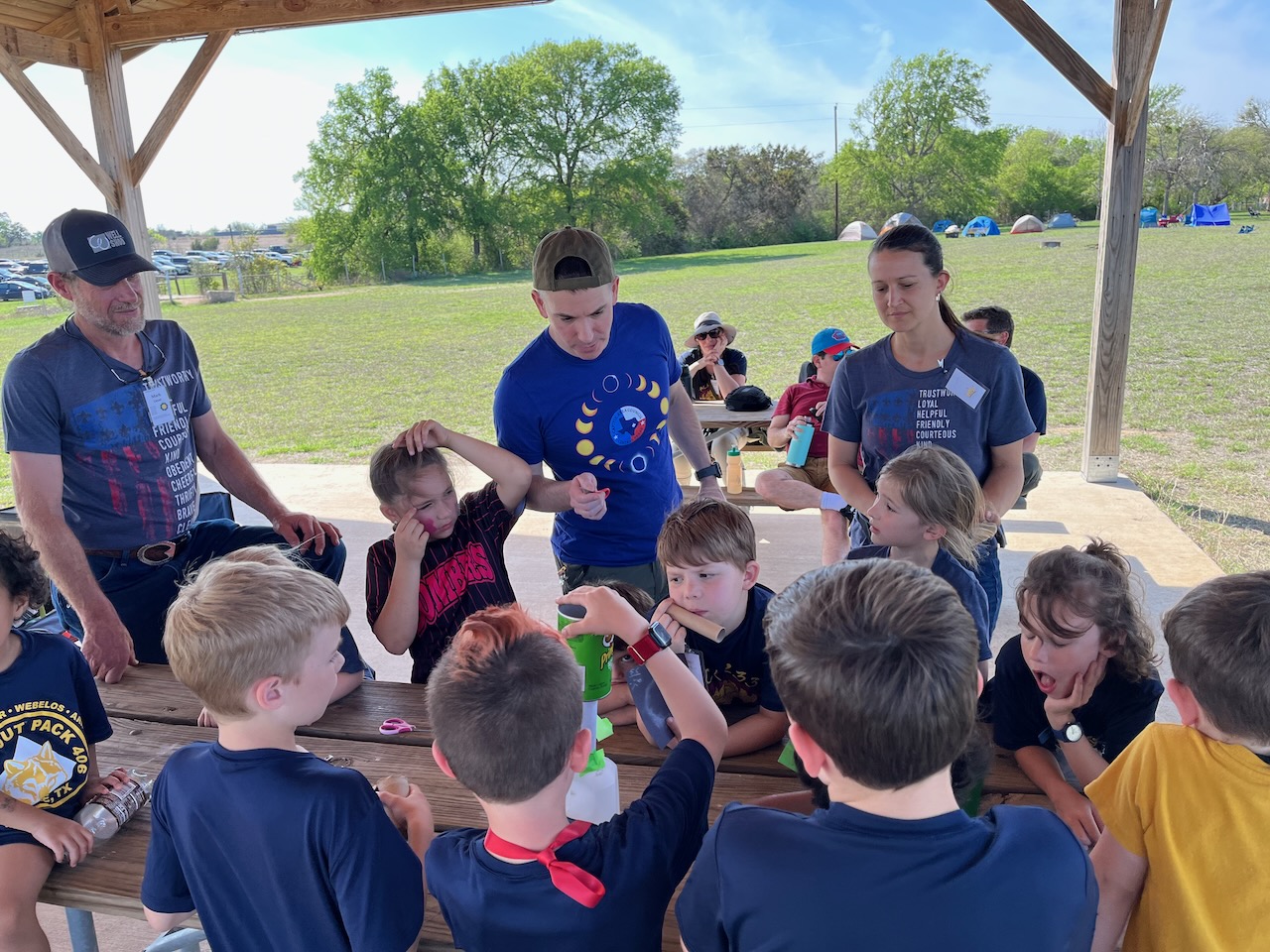
Incredible access to STEM focused learning is near at hand
Last weekend I was given the opportunity to staff at the Capitol Area Counicl STEMboree 2025 at Smilin V Scout Ranch. It was not my first time supporting such events, and yet this time was different. Normally I’m teaching science-focused merit badges or running star parties, however this time I was asked if I could also teach several Wolf adventures, specifically Air of the Wolf and Digging in the Past. I must admit at first, I had some reservations about doing so – teaching a bunch of energetic second graders on a Saturday felt a little outside my comfort zone, as it had been 10 years since I had last done a Wolf adventure. What I experienced, however, was nothing short of inspiring to me. As the day unfolded, I realized that every scout was 100% engaged in all the activities of the adventures. Sure, it was chaotic, and silliness abounded – yet in all of the imperfect execution of a weekend outdoor class, what was happening was scouts experimenting, testing, trying, playing and learning to be critical thinkers.
Why STEM Matters for Scouts
We have all heard why we need to focus on STEM for youth, given all the technological advancements in our generation. For Scouts, STEM is more than just an academic pursuit; it’s an opportunity to apply the principles of scouting—like problem-solving, leadership, and teamwork—to real-world challenges. It enables this in scouts by helping them become critical thinkers. Being able to analyze a problem or situation in a structured way, assess the trade-offs and take decisive action is the hallmark of critical thinking – and is core to what is needed in our society. As a senior electronics engineer at Meta, I’m regularly interviewing candidates, many of whom are fresh college graduates. While most have comparable academic ability, what is not consistent – and is something that is looked for – is the ability to operate with open, unbiased critical thinking within a team environment. I can honestly think of no better school-age program that so effectively addresses growth in these areas than Scouting.
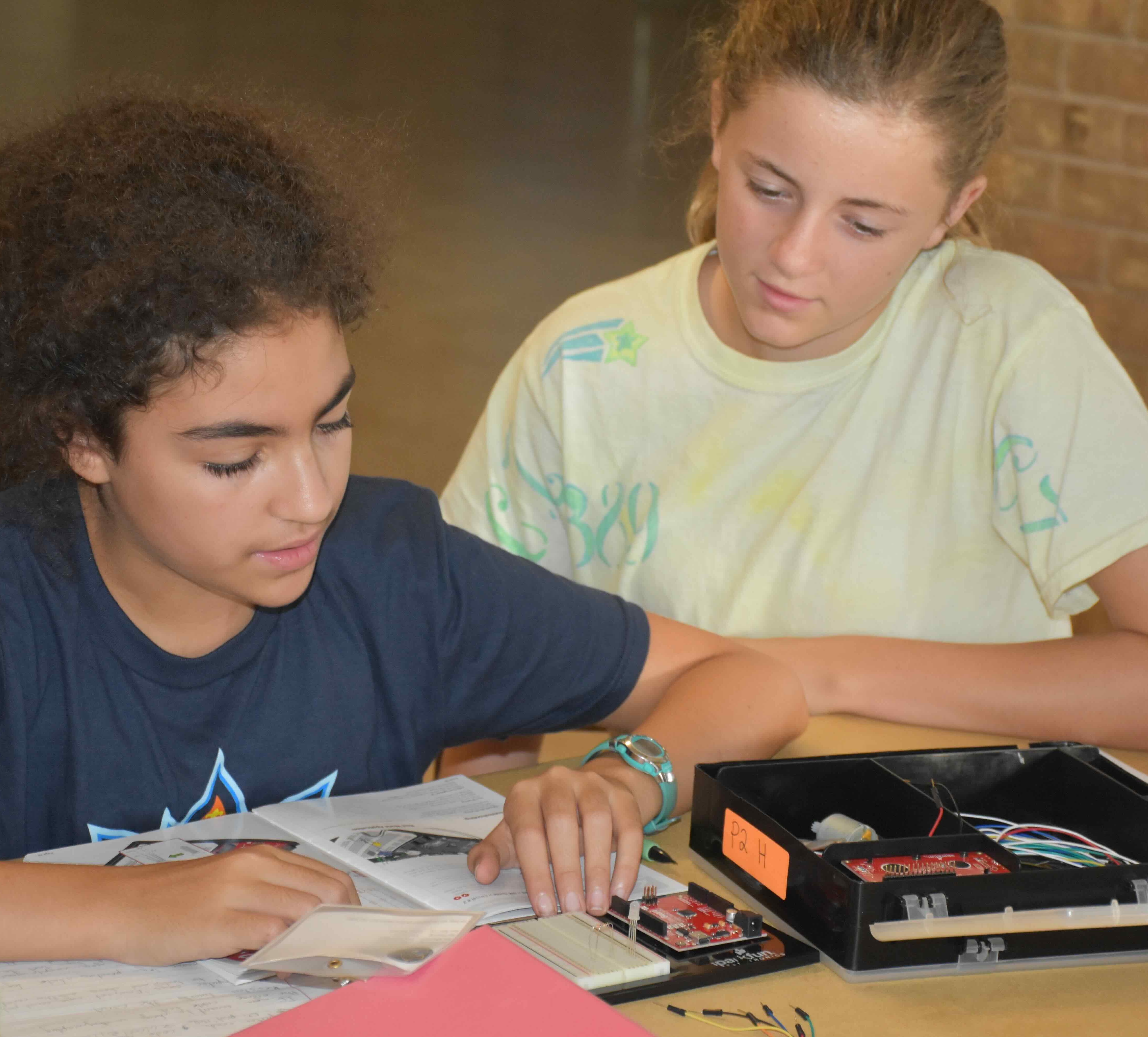
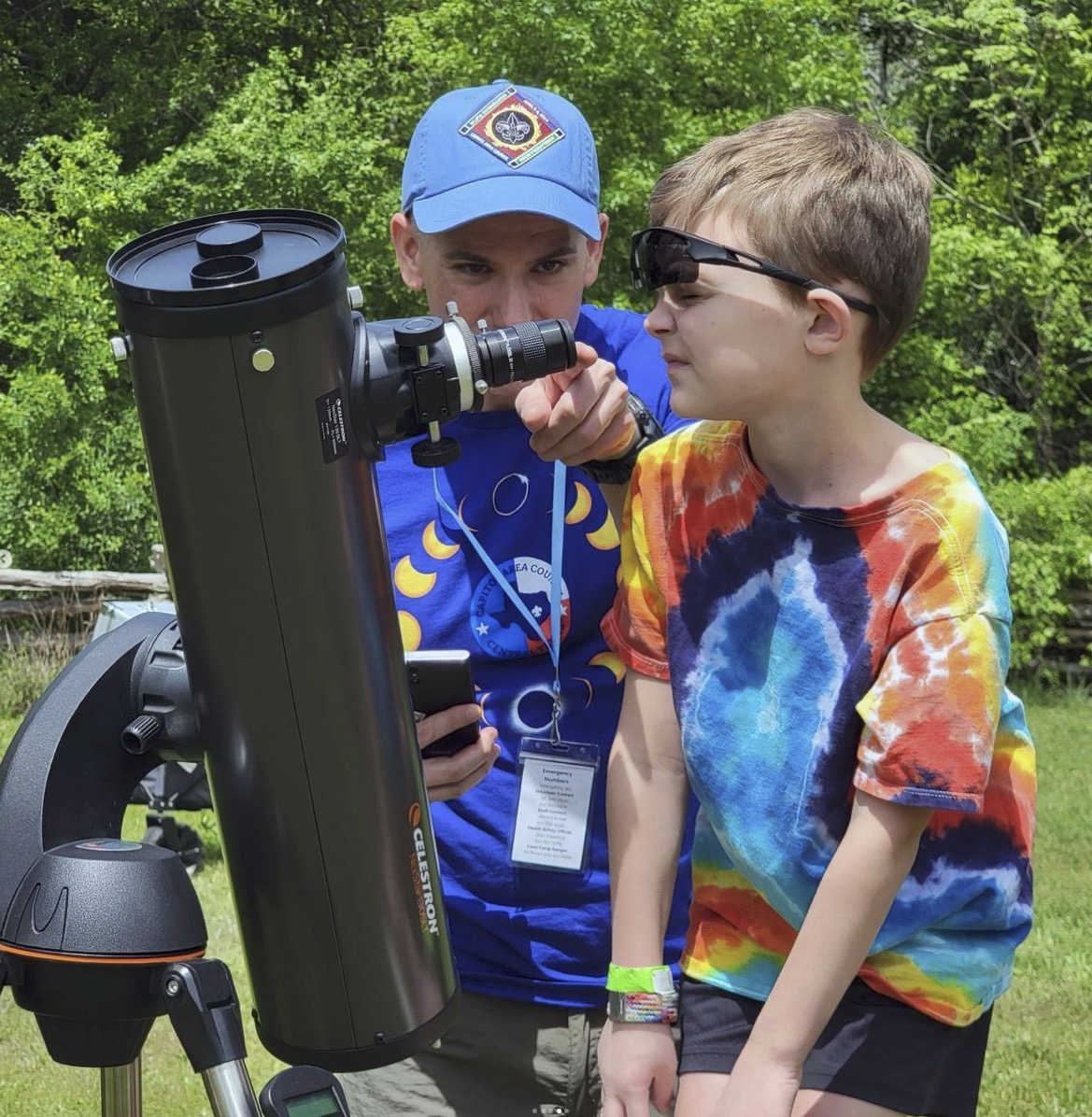
Opportunities for STEM in North Shore
One of the things that really impresses me about the North Shore district and Capitol Area Council is the number STEM activities available to scouts. Having moved to Austin from the the Seattle area, which is known for its tech focus, I was surprised to find it even easier for scouts to get involved with STEM here in Texas. This is due in no small part to some incredible staff and volunteers, many who are in high tech industry, who have dedicated many hours to planning, developing, and executing our STEM programs. These include:
- Events like STEM Adventure Weekends, STEMborees, and Eclipse events where scouts can focus on STEM focused elements of the core scouting program while engaged in other unique activities
- STEM focused merit badges with counselors readily available, often with STEM merit badge weekends.
- NOVA and (coming soon) COSMIC Awards, where scouts can take to the next level their interest in science and technology related topics
With all these great opportunities, there is still a persistent need for more help. As scouts age and life moves on, the turnover in scouting support in general and STEM specifically requires talented and willing volunteers to get involved to make the future of such programs a continued reality. I encourage you to take the opportunity to step up and step into a role that will help train the next generation of critical thinkers.
[Editor’s note: to volunteer for the STEM commitee or find out more about STEM in Scouting, please contact drtimurban@gmail.com or jessica.snider@scouting.org]

